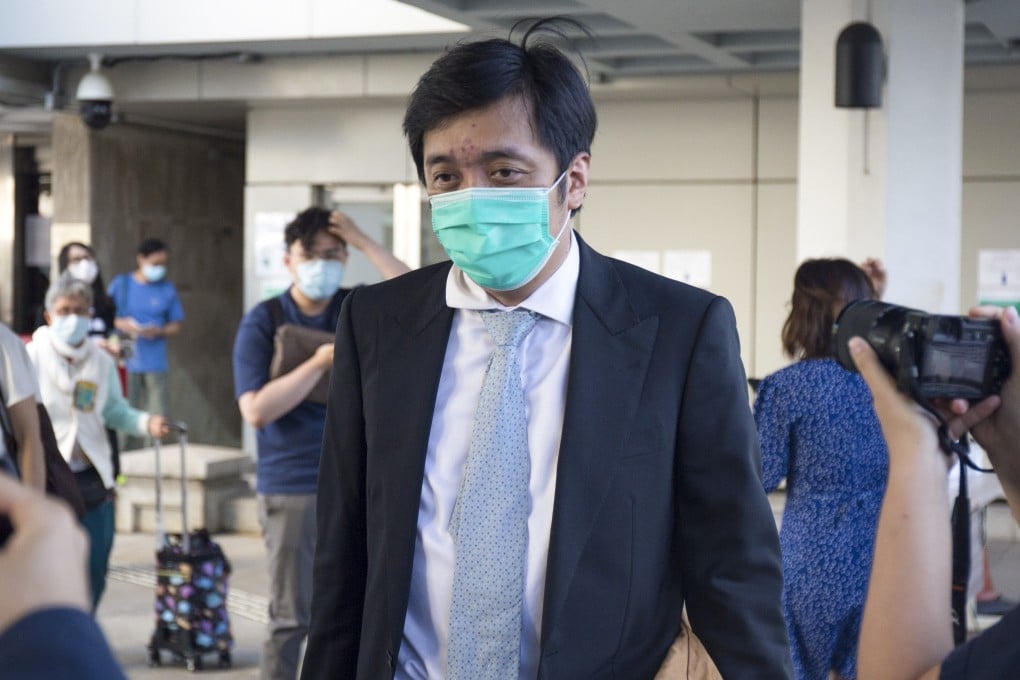National security law: popular protest slogan can have more than one meaning, Hong Kong court hears
- Rather than advocating city’s independence from China, chant represented protesters’ pursuit of freedom and democracy, journalism scholar says
- Experts for defence cite 2019 study which found there was a diverse range of opinions on interpretation of phrase

Testifying at the High Court for defendant Tong Ying-kit, Chinese University of Hong Kong (CUHK) professor Francis Lee Lap-fung said it was wrong to assume the slogan, “Liberate Hong Kong; revolution of our times”, could only have one meaning.
While the expression could be understood to be pro-independence, Lee found it was “very open and ambiguous”, pointing to a 2019 study which found there was a diverse range of opinions among protesters and their supporters on how the phrase should be interpreted.

08:35
Young Hong Kong opposition activists in the US cope with life in exile
The testimony was given on the 12th day of the trial of 24-year-old Tong, who is charged with secession and terrorism under the Beijing-imposed national security law.
He is accused of driving a motorcycle into three police officers while carrying a flag emblazoned with the “Liberate Hong Kong” slogan on July 1 last year.
In support of the prosecution’s case, Lingnan University historian Lau Chi-pang earlier told the court that the chant, properly understood in its historical context, must have been used by Tong to incite separatism.
In a report for the defence, Francis Lee and political scientist Eliza Lee Wing-yee argued the catchphrase did not necessarily carry a political message, and could have several meanings depending on people’s understanding and personal experiences.